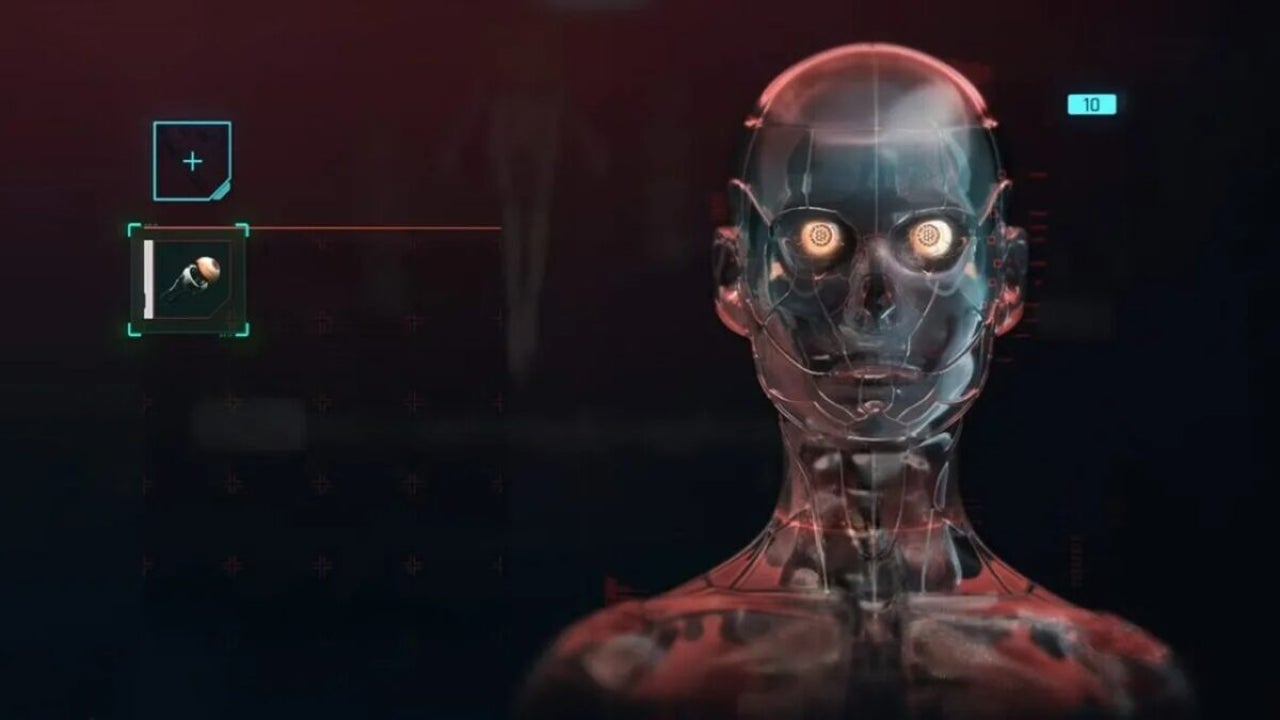News
Brain implants could restore sight to blind people.
Some companies, like Neuralink, are already developing implants of this type.

- April 16, 2024
- Updated: April 16, 2024 at 1:23 PM

Brian Bussard, 56, is the first participant in an experimental study that aims to provide rudimentary vision to blind people through a wireless device with tiny brain chips. After losing vision in both eyes due to a retinal detachment in his youth, and having adapted to his blindness, Bussard enrolled in a study at the Illinois Institute of Technology (United States) in 2021, interested in exploring new possibilities.
Brain chips, installed in February 2022, allow Bussard to perceive a limited artificial vision, described by him as “dots on a radar screen“. This technology, which is being researched in Spain and the United States, represents decades of research and experimentation in the field of visual prosthetics.
Companies like Cortigent and Neuralink are also developing similar devices. Elon Musk, founder of Neuralink, has expressed confidence in the ability of his device, Blindsight, to provide artificial vision, although many experts warn about the technical challenges to achieve a quality comparable to human vision.
The normal process of visual perception involves the cornea, the lens, the retina, and the brain. In the absence of a functional retina or optic nerve, artificial vision devices directly stimulate the visual cortex of the brain. In Bussard’s case, 25 implanted chips stimulate his visual cortex, generating phosphenes that represent points of light in his visual field.

The location and number of electrodes in the visual cortex are crucial for improving the quality of artificial vision. Recent research, such as a Spanish study conducted with 100 electrodes at the Miguel Hernández University of Elche, has demonstrated the ability to recognize simple shapes and letters.
Personalizing electrical stimulation for every participant is essential because each visual cortex is different. However, there are still challenges regarding the long-term effectiveness of brain implants and the importance of preventing undesired side effects, such as seizures or brain damage.
Despite these obstacles, advances in visual prosthesis technology offer hope for improving the quality of life for blind people. Bussard, along with other participants, is contributing to the development of more portable and effective devices that could revolutionize the way blind people interact with the world around them.
Source: WIRED
Publicist and audiovisual producer in love with social networks. I spend more time thinking about which videogames I will play than playing them.
Latest from Pedro Domínguez
You may also like

A cult saga from Mega Drive returns 33 years later with a double remaster and a sequel
Read more

Ghost of Yotei is even better than Ghost of Tsushima, according to a former Sony executive
Read more

Microsoft announces the closure of Skype
Read more

The delay of GTA VI could brutally impact the industry, according to a famous analyst
Read more

The creator of Katamari Damacy has a new game and is eager for us to see its ending
Read more

Imagine playing a game like League of Legends where all the characters were ships, well now you can!
Read more